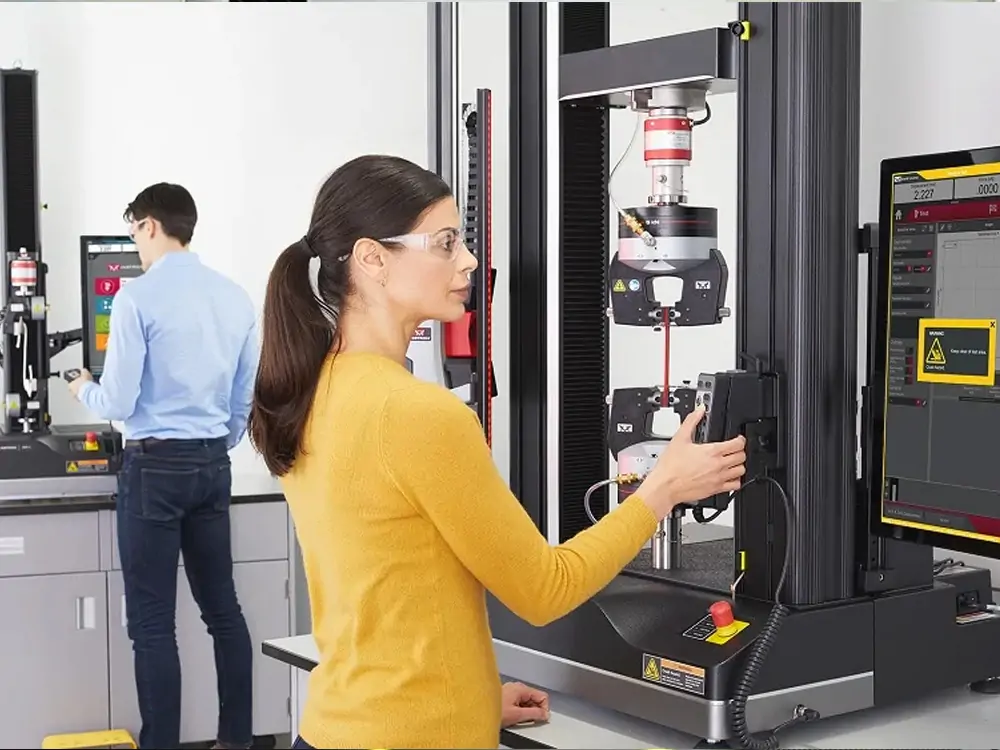Universal Testing Machines (UTMs) are essential tools in material testing and component analysis, offering great flexibility. Their ability to be customized ensures they can meet specific testing requirements across various industries. The right fixtures and grips are key for accurate results, as they hold the test samples securely and in the correct alignment. By incorporating custom components, such as specialized grips, clamps, and sensors, the UTM can efficiently perform complex tests, ensuring that results are precise and tailored to unique testing needs.
Here are five ways in which the Universal Testing Machine can be customized for specialized testing.
Custom grips for specific materials
Universal Testing Machines can be fitted with custom grips designed for specific materials. Whether testing metals, plastics, or textiles, the grips must hold the sample securely during the test. Custom grips ensure that materials are tested in the most accurate way possible, reducing the chance of slippage or damage to the sample.
Specialized fixtures for complex shapes
Some materials or components require specialized fixtures to fit their unique shape. Universal Testing Machines can be modified to accommodate these special fixtures, ensuring that even the most intricate shapes are held in place securely. This is particularly useful for testing complex parts like aerospace components or intricate molded plastics.
Adjustable clamps for variable testing
Custom clamps can be created for testing various sizes and shapes of materials. Adjustable clamps allow for a wide range of tests to be conducted, offering flexibility while ensuring precise measurement. The ability to adjust clamps for different sample sizes and thicknesses is crucial for diverse testing scenarios.
Integration of extensometers and other sensors
Universal Testing Machines can be customized with additional sensors and tools like extensometers, load cells, and displacement sensors. These sensors provide real-time data on the material’s behavior during testing, improving accuracy. Custom integration of these sensors can ensure that the machine meets the requirements of the specific test being performed.
Software customization for specific test methods
The Universal Testing Machine can be paired with custom software that allows for specialized test procedures. Whether testing for tensile strength, compression resistance, or other material properties, custom software can automate the testing process and provide detailed, accurate results. This software can be tailored to meet industry-specific standards and testing protocols.
The conclusion
Universal Testing Machines can be tailored to meet any testing need, from specialized grips to advanced software integration. Customization ensures that each test delivers reliable, accurate results, making UTMs an essential tool for industries that require high-precision testing.

